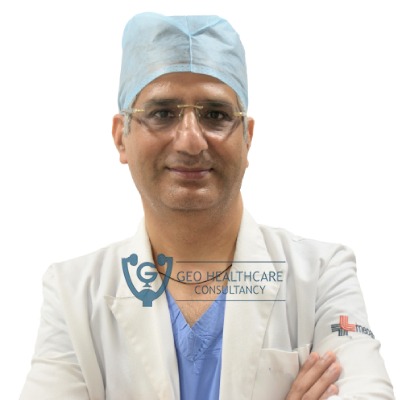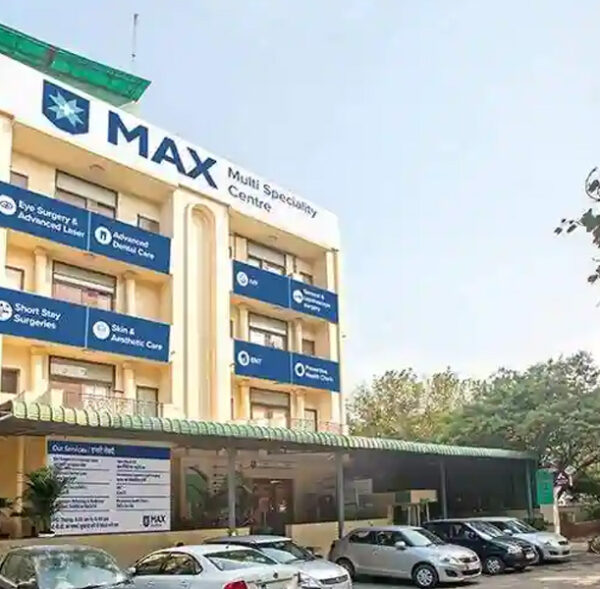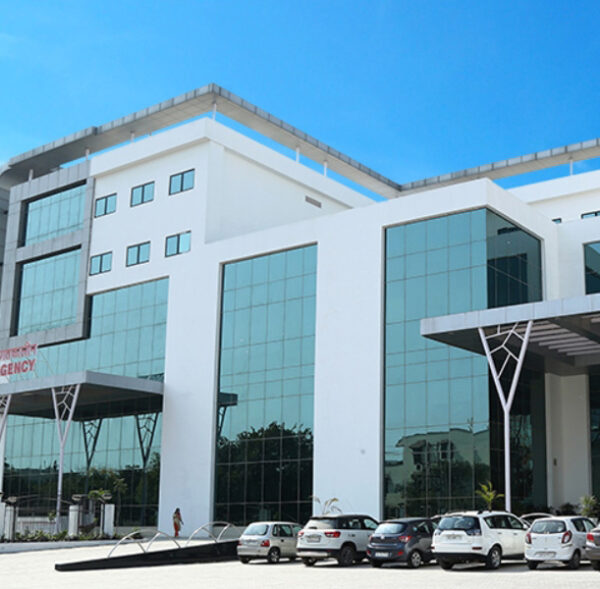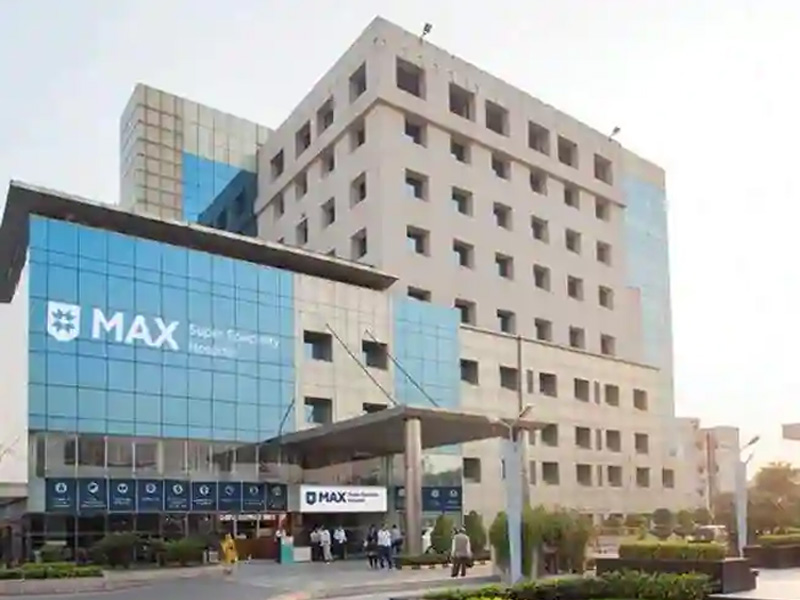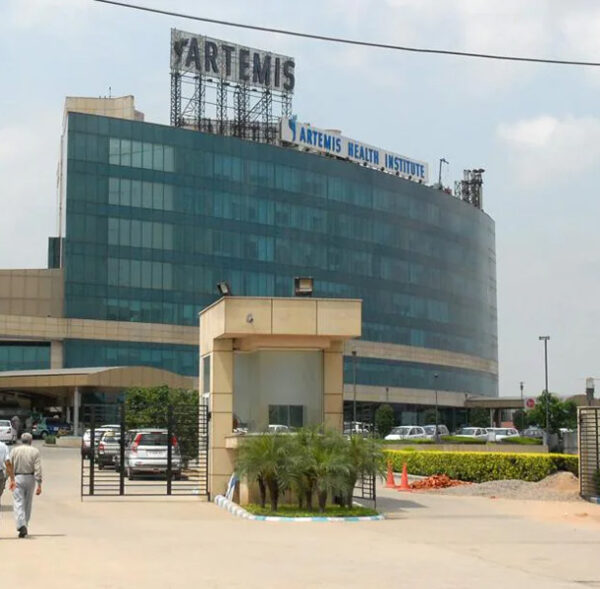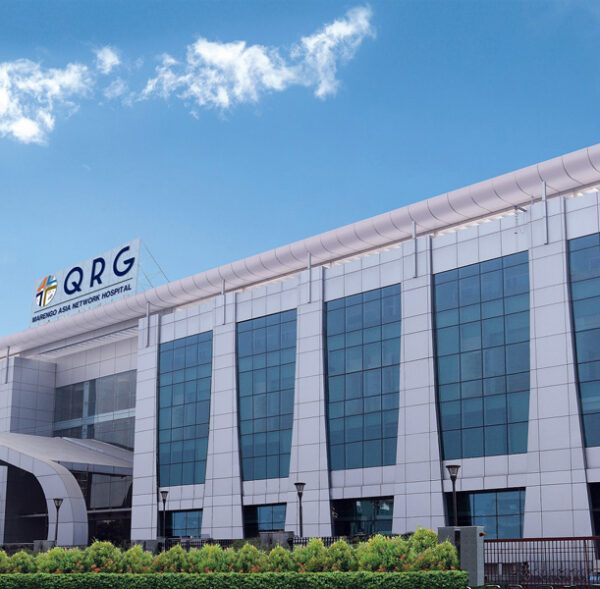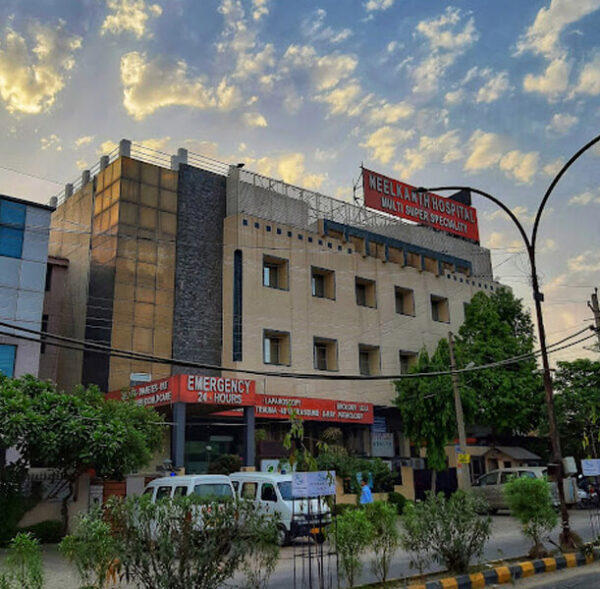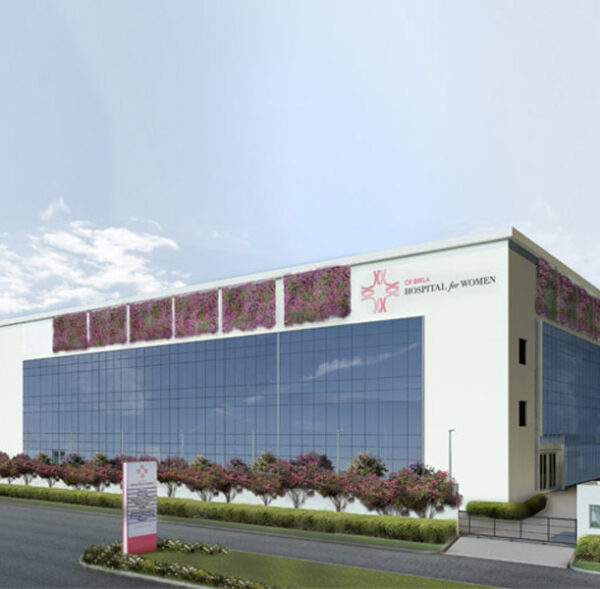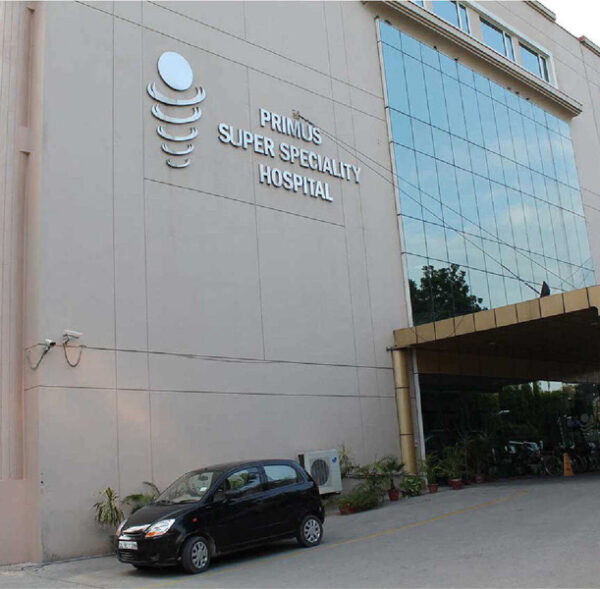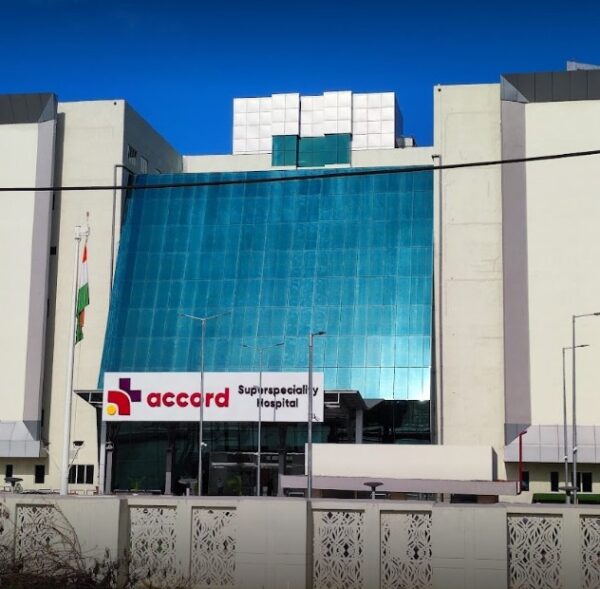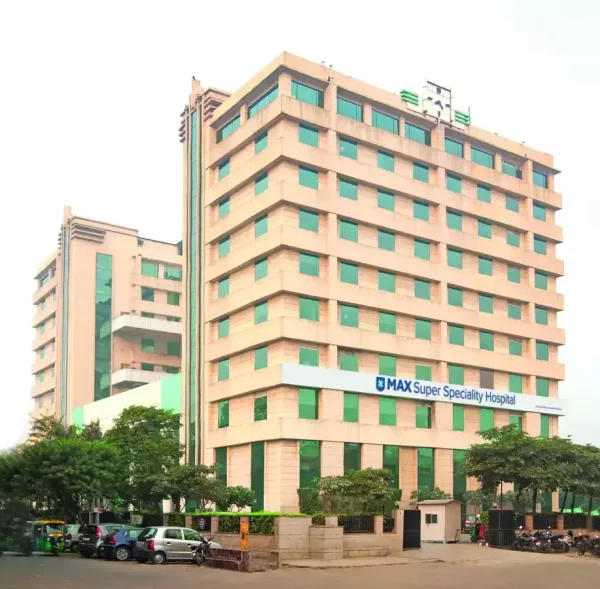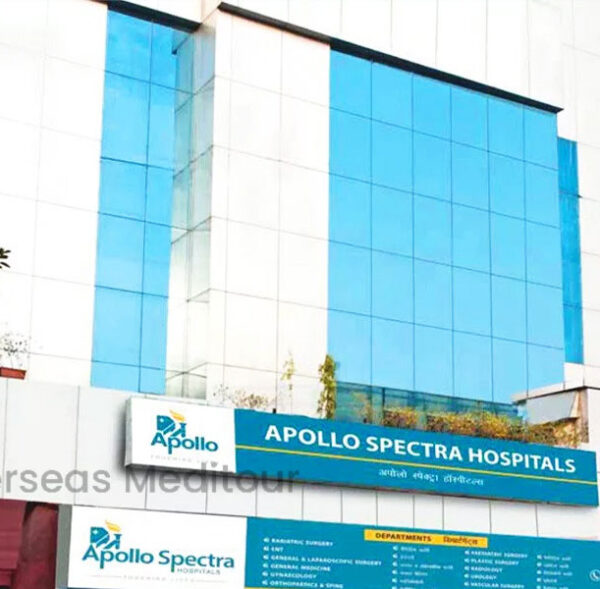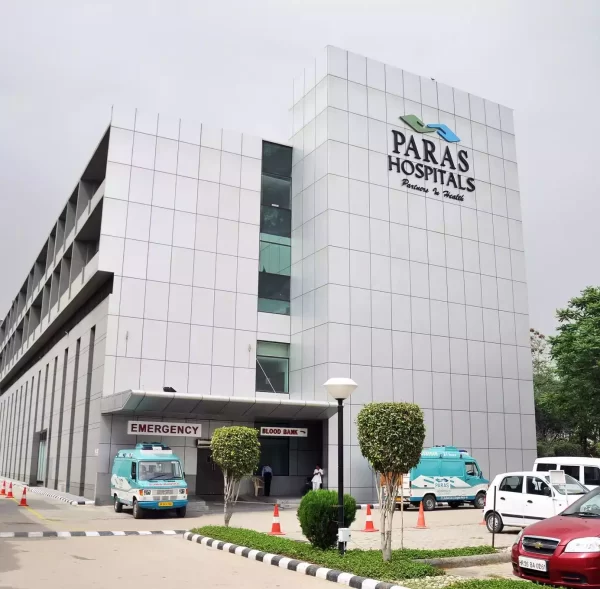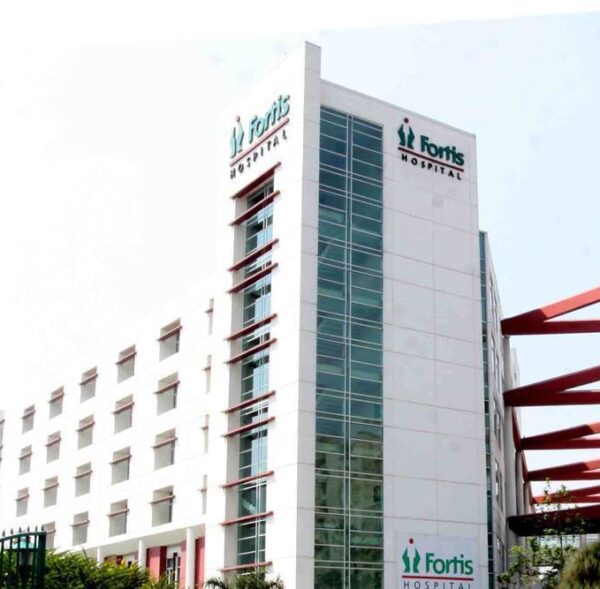
Pediatric Cardiology: Understanding Children's Heart Health
Introduction to Pediatric Cardiology
Pediatric cardiology is a specialized field dedicated to diagnosing and treating heart conditions in infants, children, and adolescents. Heart problems in children can be complex and may require expert care and intervention. At Geo Healthcare, we understand the unique challenges that come with managing a child’s heart health, and we are committed to providing comprehensive care that addresses both medical and emotional needs.
Introduction to the Cardiac Department of Pediatrics
The cardiac department of pediatrics focuses on evaluating, diagnosing, and treating heart conditions specific to younger patients. Pediatric cardiologists are specially trained to handle the nuances of congenital heart defects, arrhythmias, and acquired heart diseases in children. This department works closely with families to ensure children receive the best possible cardiac care tailored to their age and condition.

